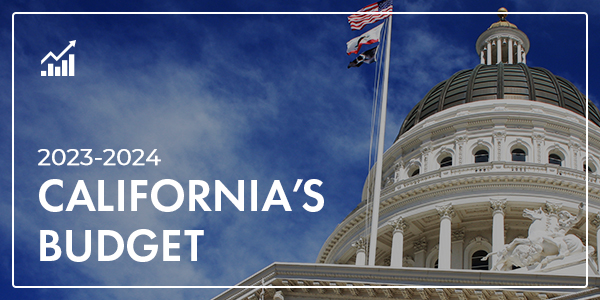Senator Portantino Introduces STEM/Dual Language Immersion Collaboration Bill to Address Teach Shortages and Improve Student Learning Outcomes
For Immediate Release: February 9, 2022
Contact: Lerna Shirinian, (818) 409-0400
Senator Portantino Introduces STEM/Dual Language Immersion Collaboration Bill to Address Teach Shortages and Improve Student Learning Outcomes
Sacramento, CA - State Senator Anthony J. Portantino (D – La Cañada Flintridge) introduced Senate Bill 941, a measure that seeks to improve student learning environments through a locally determined inter-district collaboration for courses related to STEM and dual language immersion.
“A great alternative to class cancellations or emergency teacher credentials is inter-district collaboration for STEM and dual immersion courses,” stated Senator Portantino. “The shortage of teachers – especially in the math, science, and bilingual education courses – continues to impact kids and their learning environment. Allowing school district to easily collaborate and have an open-door policy for kids who need access to these courses will undoubtedly improve learning outcomes and present educational opportunities for students who otherwise would miss out on these courses.”
During the 2017-18 school year, 80% of California school districts faced a shortage of teachers. Nine out of ten school districts stated that the shortage was getting worse. A recent report on school districts around the state by the Learning Policy Institute found that the most pronounced shortages include math, science, and bilingual education and are more prevalent in rural areas, communities of color, and low socioeconomic areas. Some impacted local educational agencies are canceling important dual-language immersion classes due to the shortage of qualified credentialed teachers, where the consequences of substandard learning outcomes are likely to reverberate through future educational attainment and economic prospects.
Currently, local educational agencies can accept transfer students through the District of Choice program. Students can transfer to another school district that participates in the program through a random, unbiased selection process that is not dependent on academic or athletic performance, physical condition, or English language proficiency. The pronounced shortage of STEM and dual-language immersion teachers necessitates specific collaborations between school districts for these courses.
SB 941 would authorize the governing board of a school district, a county board of education, or the governing body of a charter school to enter into an agreement with one or more local educational agencies to offer individual classes to pupils from other local educational agencies who have been impacted by disruptions, cancellations, or teacher shortages in STEM classes, or dual-language immersion programs. The bill would require the department, on or before January 1, 2028, to evaluate the success of these local educational agency collaborations.
“It costs a school district the same amount of money whether there are empty seats or not. If one district has an available spot in a classroom and another district has a student in need, let’s cut out the bureaucracy and allow those districts to easily work out an arrangement that benefits the student and their respective schools,” concluded Portantino.
###





